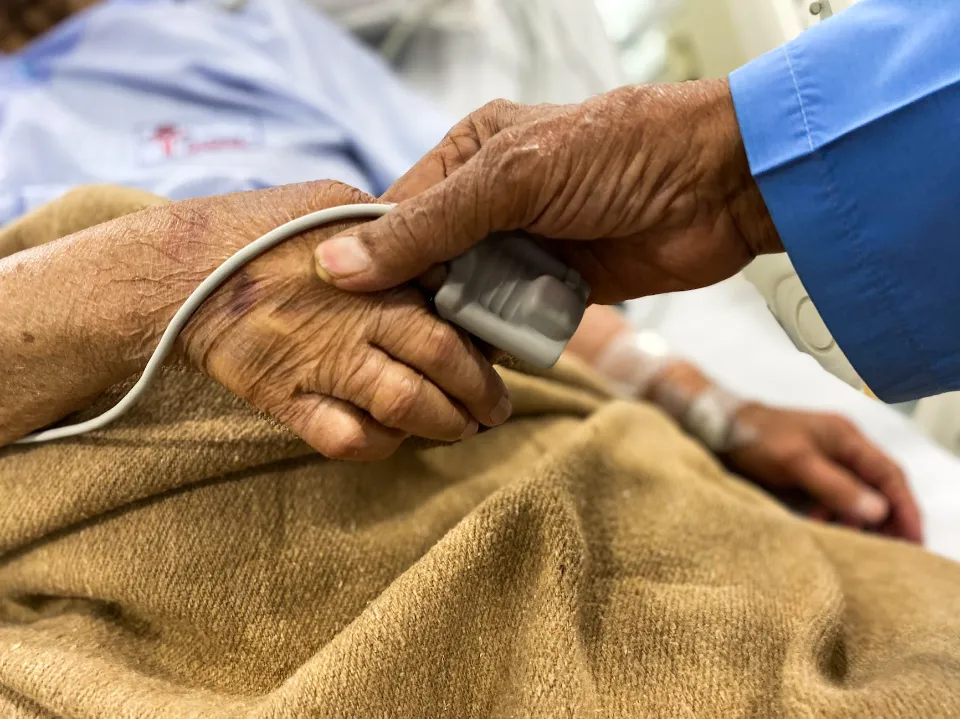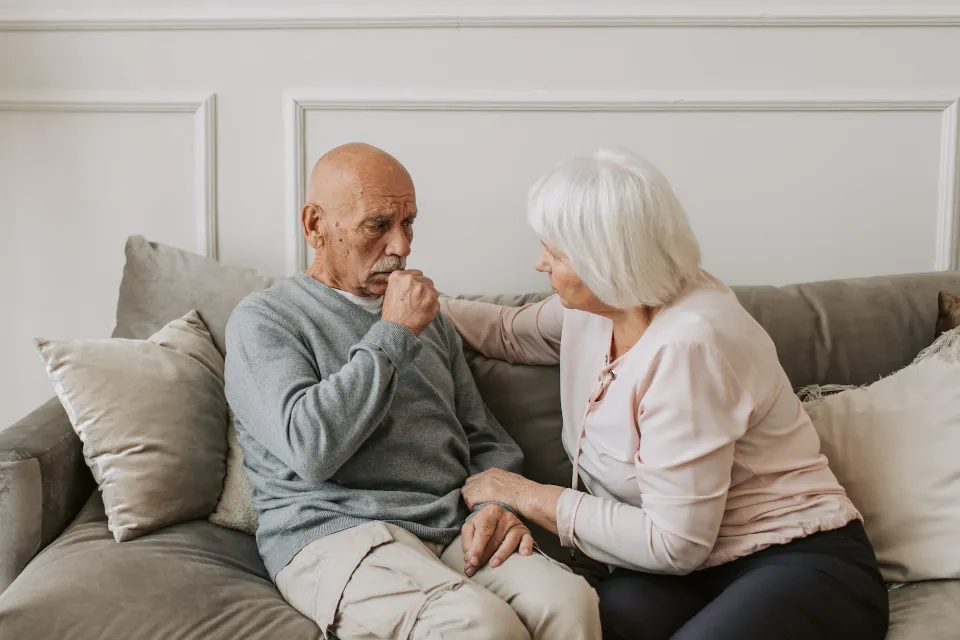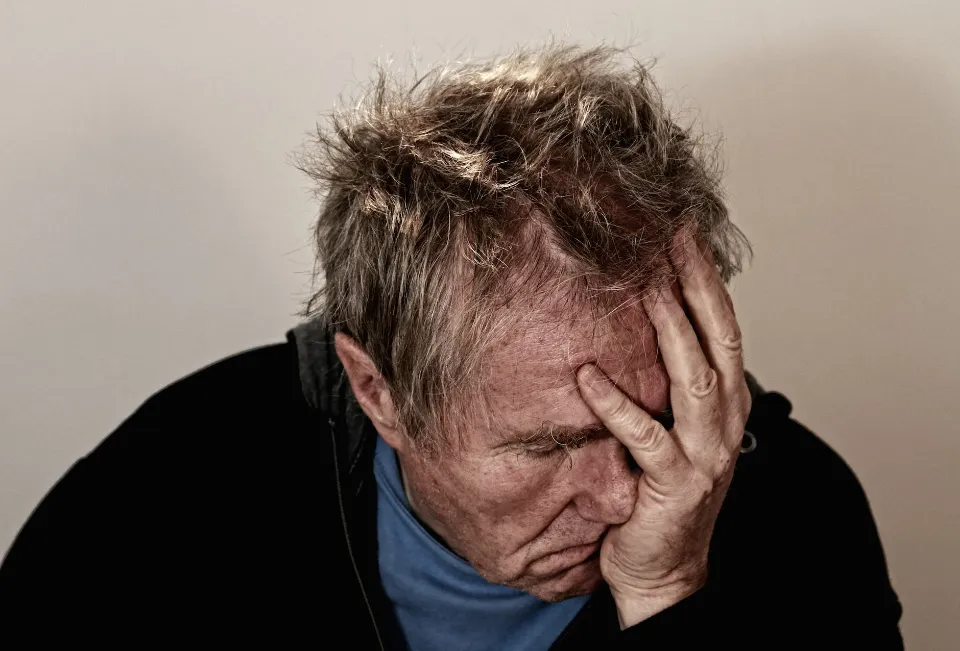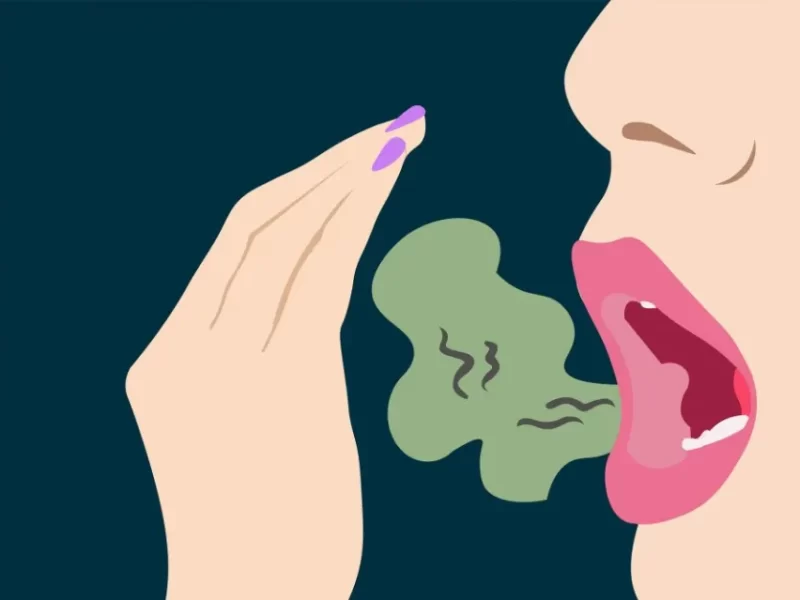Although shake can occur at any age, some people may develop it as they get older. Despite the fact that shakes are frequently mistaken for Parkinson’s disease, there are a number of other common causes of shakes, including temporary benign conditions and the side effects of prescription drugs. The causes of shaking in older adults are discussed in the following paragraphs if you are an older patient who is interested in learning more. Keep in mind that a diagnosis and course of treatment for shake can only be given to you by your healthcare provider.
Types of Shake
The National Institute of Neurological Disorders and Stroke lists the various forms of shaking that patients may experience, ranging from brief trembling to chronic movement disorders.
- Action shake
- Physiologic shake
- Enhanced Physiologic shake
- Psychogenic shake
- Parkinsonian shake
- Cerebellar Shake
Causes of Shake in Old People
Curious why old people shake? Shaking and uncontrollable movement can have a variety of causes. Furthermore, shakiness can strike anyone at any age; it’s not just a problem for the elderly. For instance, if you haven’t eaten in a while, you might notice that your hands start to tremble from low blood sugar.
There are many different causes of shaking and trembling, and this is just one of them. Below, we’ll explore conditions commonly associated with shaking hands and other shakes in old age.
Parkinson’s Disease
People over 60 are more likely to have Parkinson’s disease. The brain’s nerve cells are aging, which contributes to the trembling. Parkinson’s patients consequently experience a decline in muscle control and a general shortening of life.
80% of Parkinson’s patients experience involuntary movements, according to apda parkinson.org. Having said that, Parkinson’s disease is not the most typical cause of elderly people shaking. In actuality, only 1% of people over 60 are thought to have Parkinson’s disease.

Caffeine Toxicity
When consumed in excess, caffeine can occasionally cause shakes. Along with shaking, you may experience anxiety, restlessness, agitation, stomachaches, an irregular heartbeat, and insomnia. Drinking caffeine triggers the release of adrenaline, or the “fight or flight” hormone, which can cause shaking.
Multiple Sclerosis
Multiple sclerosis (MS) is a significant brain-related disease. The nervous system, which serves as a communication link between the brain and the rest of the body, is damaged by MS, which affects both the brain and the central nervous system of the human body. Therefore, any interruption of this communication will result in problems with movement and stagnation.
Multiple sclerosis (MS) shake is the term for the uncontrollable shaking of body parts that result from a condition in which brain communication is disrupted. Thus, MS is a medical condition that frequently affects elderly people and culminates in shaking. However, it can also be found in people who are younger and have MS, a brain disorder.
Alcoholism
Both withdrawal symptoms from alcohol and excessive alcohol consumption can be indicated by a handshake. These shakes may start as soon as 10 hours after your last drink and last for several weeks. This is just one of the many reasons why alcoholics in recovery should only cut back on their alcohol consumption with the help of a healthcare professional and addiction specialist. Medication is available in detox and rehab programs to help with shakes and other withdrawal symptoms from alcohol.
Anxiety and Depression
An additional significant cause of older people’s trembling is depression. Shaking is a common symptom of both anxiety and depression. A depressed person will have less control over how their body moves.
Depression is a factor that is most directly related to the aging process. Depression causes the muscles to twitch, and as a result, the person will experience shaking. More specifically, shake generated due to depression or anxiety are called psychogenic shake.
Shaking results from depression and hence, a critical reason behind shaking. Age increases a person’s likelihood of developing depression over time. As a result, elderly members of the population experience psychogenic shaking more frequently.
Pharmaceutical Side Effects
The following prescription medications may cause shaking as a side effect. Excess thyroid medication
- Antidepressants
- Epinephrine and norepinephrine
- High blood pressure drugs
- Seizure medication
- Alcohol
- Antivirals
- Immunosuppressants
- Stimulants
- Mood stabilizers
- Asthma medication
- Antibiotics
- Cancer treatments
Treatment for Shake in Old People
Medications
- Beta blockers. Beta-blockers, like propranolol (Inderal, InnoPran XL, Hemangeol), which are frequently prescribed to treat high blood pressure, can ease shakes in some people. If you have asthma or certain types of heart issues, beta-blockers may not be an option for you. The negative effects could be fatigue, dizziness, or heart issues.
- medications to prevent seizures. In patients who don’t respond to beta blockers, epilepsy medications like primidone (Mysoline) may be effective. Gabapentin (Gralise, Neurontin, Horizant) and topiramate (Topamax, Qudexy XR, others) are additional medications that may be prescribed. Drowsiness and nausea are two unwanted side effects that typically go away quickly.
- Tranquilizers. When tension or anxiety worsens shakes, doctors may prescribe benzodiazepine medications like clonazepam (Klonopin). Fatigue or mild sedation are examples of side effects. Since these drugs have a potential for habit formation, use them with caution.

Nerve Stimulation Devices
For those who have an essential shake, a wearable electronic peripheral nerve stimulation device (Cala Trio) is a more recent treatment option. The device, which can be worn as a wristband for 40 minutes twice a day, functions by stimulating muscles and peripheral nerves to cause a muscle reaction that lessens shaking. According to studies, the device can help with shakes.
Therapy
Physical or occupational therapy may be recommended by doctors. Exercises to increase muscle strength, control, and coordination can be taught to you by physical therapists.
You can adjust to living with an essential shake with the aid of occupational therapists. Therapists might suggest adaptive devices to reduce the effect of shakes on your daily activities, including:
- Heavier glasses and utensils
- Wrist weights
- Wider, heavier writing tools, such as wide-grip pens
Once more, determining the trigger or cause will determine the best course of treatment for elderly people who experience shakes. Muscle control, strength, and coordination can all be enhanced with the aid of physical therapy. However, if you find that shaking is brought on by anxiety or panic, relaxation techniques might be the best course of action. Surgery is typically reserved for those with severe symptoms, while medications can sometimes slow shaking but rarely completely stop it.
Summary
If you are concerned about shakes or are dealing with a sudden shake, you should go to your healthcare provider for proper diagnosis and treatment. Finally, your inquiries regarding trembling in old age ought to have been answered at this point. Any of the aforementioned factors may be the root of the problem. Shaking should generally not be done, save for a few rare circumstances. Consulting your doctor right away if you experience shaking issues is the best way to prevent shaking in the future. Your doctor will be able to identify the precise reason for the shaking and will then recommend the appropriate medication.
FAQS
Can Low Blood Pressure Cause Shaking?
Unaffected by age, low blood pressure can indeed cause shaking. Nerve communication is slower when blood pressure is lower. As a result, shake in body parts and delayed movement are common when a person’s blood pressure is low.
How is Old Age Helpless to Return a Responsibility?
25 million older adults worldwide experience limb shake as they age. This shake in the extremities is often called essential shake (ET). There are numerous reasons why this might be. The above-discussed causes of shaking in the elderly understand answer, and there may be any kind of cause.



